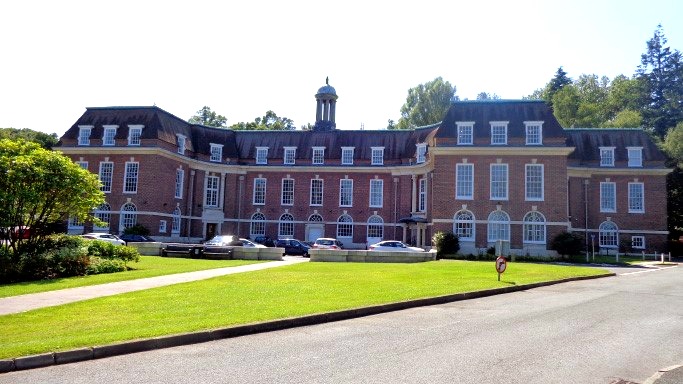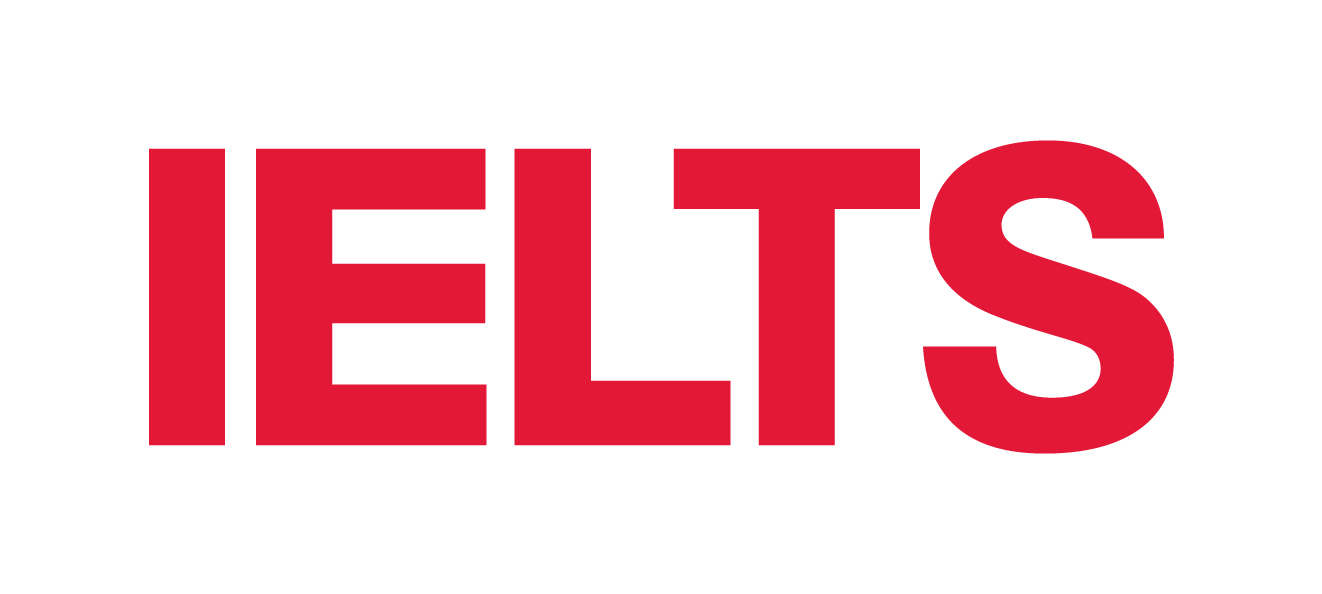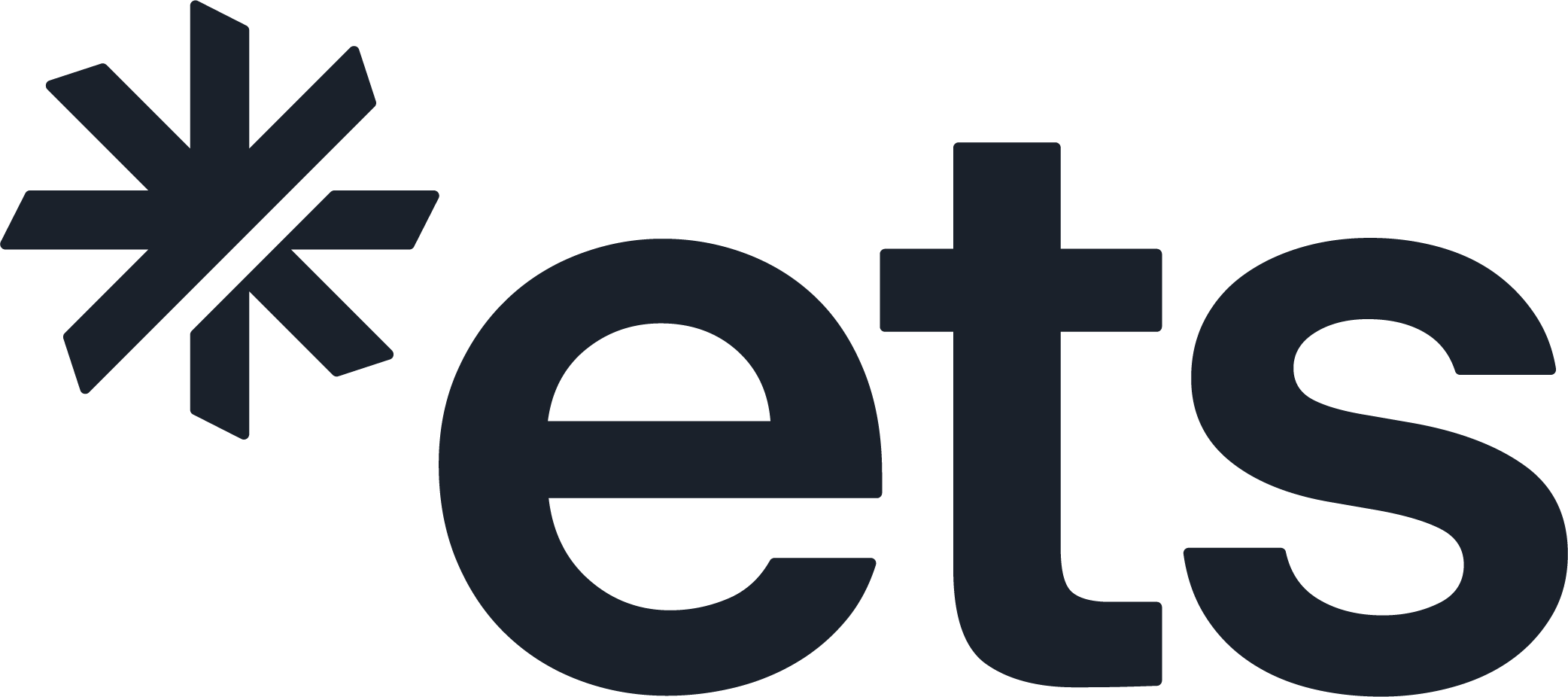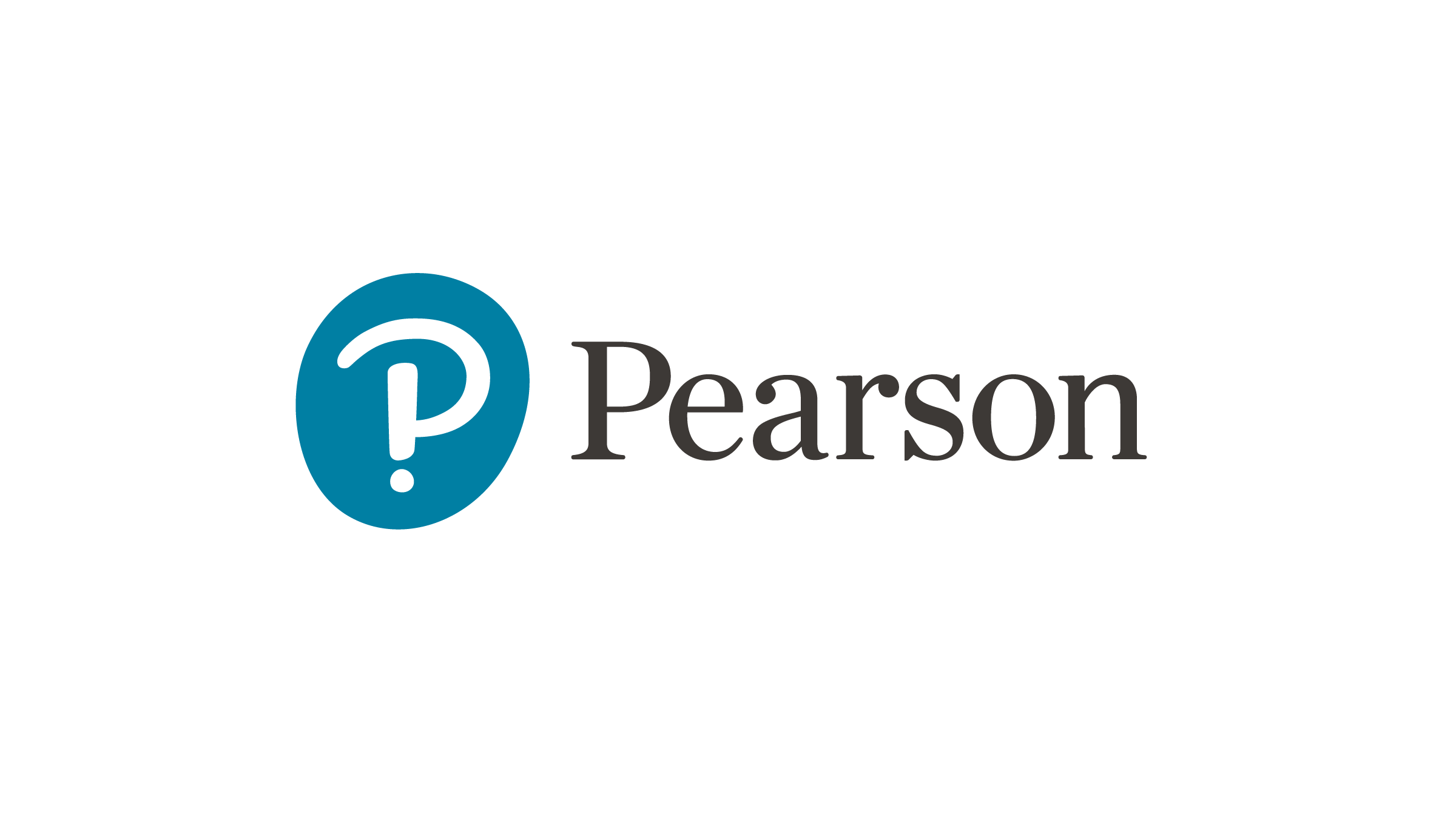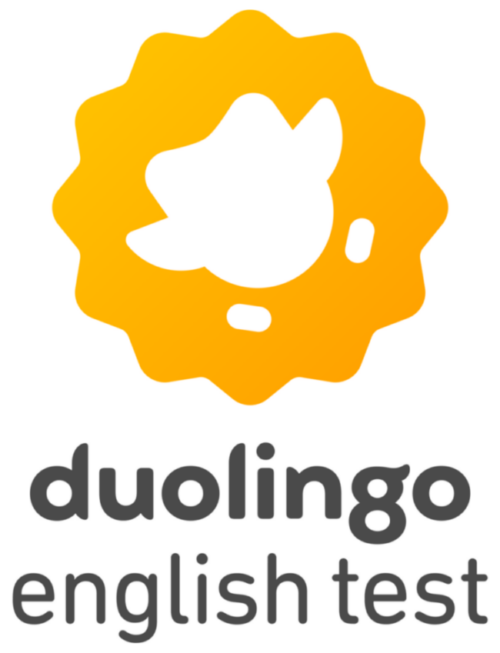20th EALTA Conference
Taking stock – Looking at the past, present, and future of language assessment in Europe and beyond
4 – 9 June 2024, Belfast, Northern Ireland
The first EALTA conference was held in 2004, growing out of the need for educators, researchers, and assessment professionals to support good practice in testing and assessment across Europe. In the 20 years since EALTA’s founding, our field has seen a massive increase in professionalism, with a large body of published research, in particular on the alignment of assessment to the Common European Framework of Reference (CEFR). It can also be said that this work across Europe, disseminated through the EALTA community, has had an impact on the wider field of educational measurement and the study of alignment of exams to frameworks and standards, since it has been carried to and adapted for local contexts well beyond Europe.
As this work has progressed over the last two decades, the social, political, and economic contexts within which our assessments sit have radically changed across Europe and globally. Within the last 12 months alone we have seen the impact in language education through the use of generative AI based on large language models. These developments have significant relevance for our field beyond finite applications of new technological tools for building, administering, and scoring tests. They are changing the way we communicate and use language in classrooms and the workplace, and the skills people need to generate and comprehend texts in languages other than their L1.
This year’s EALTA conference takes a broad view of language assessment and asks us to take stock of where we have come from, the developments (social, political, pedagogical, technological) which have impacted on our individual research and assessment development work, and to consider what the implications of these are going forward for language assessment and testing in Europe and beyond.
We invite proposals for theoretical and empirical research presentations, works-in-progress, posters, and symposia that will shed light on a range of timely issues that relate to the overall theme and in particular contribute to answering the key questions facing our field below. Proposals may focus on “big picture” issues or zoom in on specific test development and validation projects which fit within the questions below.
- How have our assessment practices responded to the social, political, and economic changes in Europe over the last two decades?
- Has our published research and development work achieved the right balance across large scale standardized assessments and the use of assessment within comprehensive learning systems (i.e., is it built into curriculum design, teaching, and learning, and assessment practices in schools)?
- What role does the CEFR play currently in our work, including in classroom assessment and assessment contexts other than large-scale standardized tests,and what do we need to do to keep it relevant going forward?
- Is the impact of technological change (e.g. through LLMs and generative AI) changing not just how we can / should assess, but also how we communicate and so the contructs we need to assess?
- What are the implications of changing patterns in the global movement of people and the ways of working and communicating on the constructs which we need to assess?




